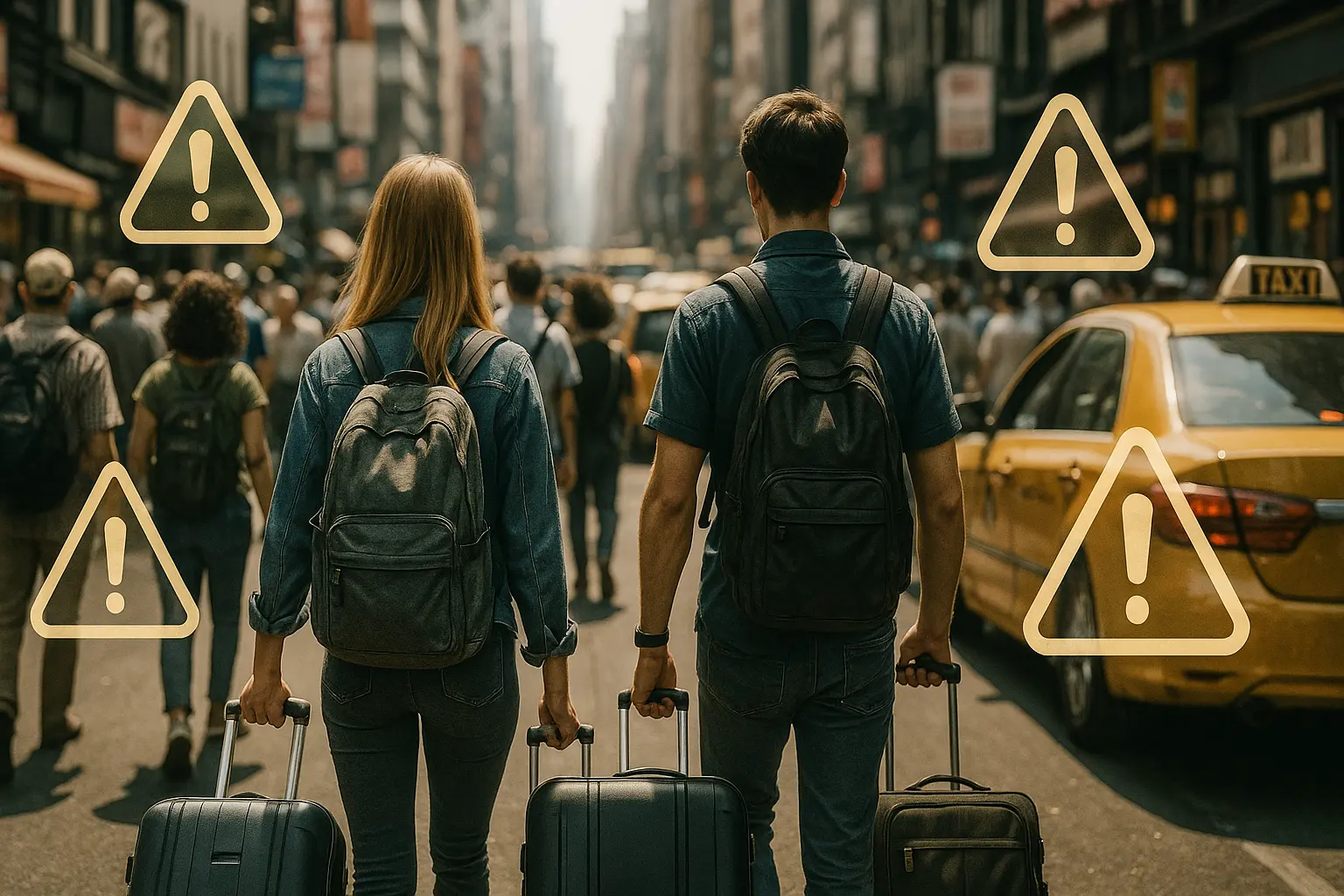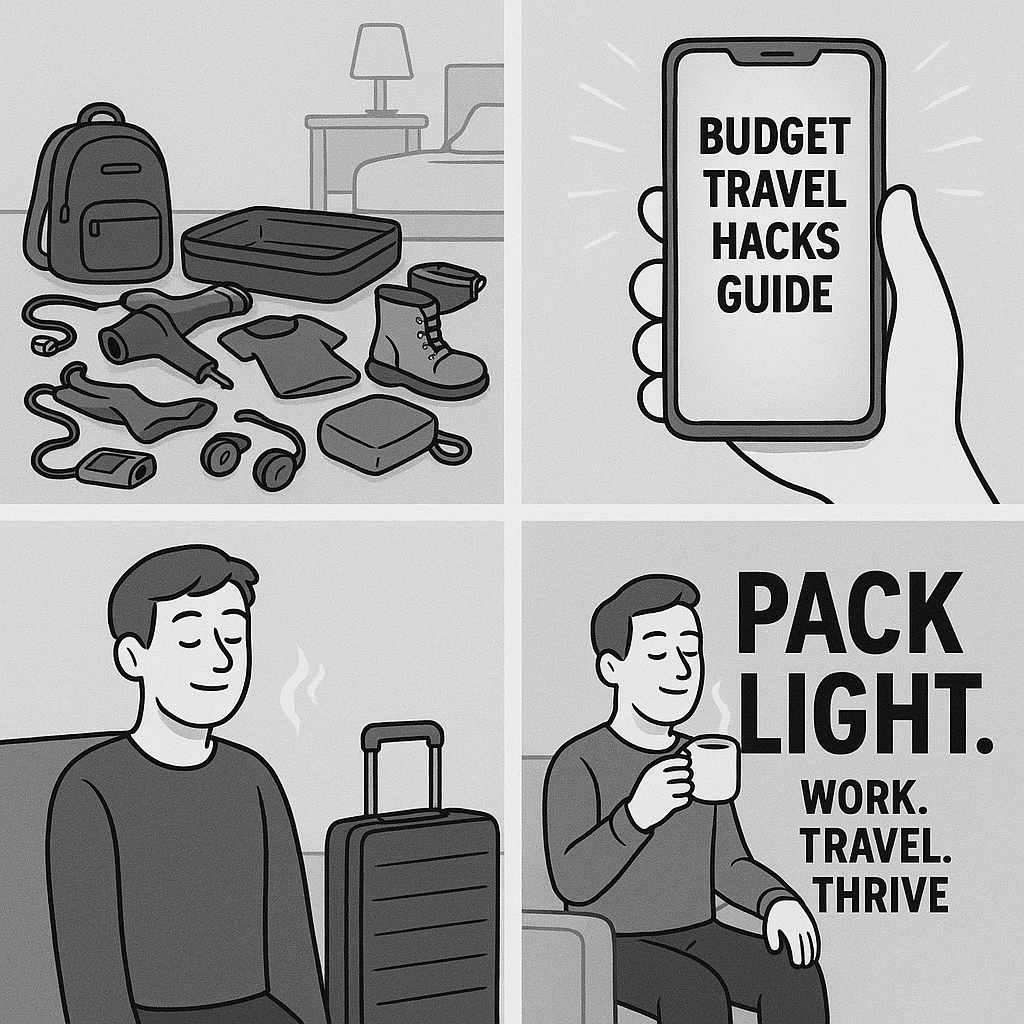5 Common Travel Scams Around the World
Traveling opens the door to amazing experiences, but it also exposes you to risks (including scams designed to target tourists). From overpriced taxi rides to fake petitions, scammers use clever tactics to separate travelers from their money. The good news is that with awareness and preparation, you can avoid falling victim.

1. The Overpriced Taxi Ride
One of the most common scams worldwide is the overpriced taxi ride. Drivers may refuse to use the meter, take a longer route, or quote an inflated price once you arrive. This happens frequently in tourist-heavy cities such as Bangkok, Rome, and Mexico City.
How to avoid it: Research typical taxi fares in advance, insist on using the meter, or agree on a price before getting in. Better yet, use ride-hailing apps like Uber, Grab, or Bolt where available.
2. The Fake Petition or Donation Scam
In busy tourist areas, you may encounter someone asking you to sign a petition for a cause or donate money. These scammers prey on your sense of empathy, but often the money goes straight into their pockets.
How to avoid it: Politely decline and walk away. Legitimate organizations don’t solicit donations aggressively in the street. If you want to support a cause, research verified charities online.
3. The Fake Police Officer
In some countries, scammers pose as police officers and demand to see your ID, passport, or wallet. They may accuse you of a fake offense and ask for a ‘fine’ on the spot. Travelers in Latin America and parts of Eastern Europe have reported this scam.
How to avoid it: Always ask for official identification and never hand over your wallet. If you feel unsafe, request to go to the nearest police station. Keep copies of important documents in a safe place separate from your wallet.
4. The “Closed” Hotel or Attraction
Scammers sometimes approach tourists and claim that a hotel, museum, or attraction is closed. They’ll then offer to take you to a different (and usually overpriced) location where they earn a commission. This scam is common in places like Thailand, India, and Turkey.
How to avoid it: Always double-check closures with official websites, apps, or directly with your hotel. If someone approaches you unsolicited with this information, be cautious.
5. The Pickpocket Distraction
Pickpockets are masters of distraction. A common tactic is for one person to spill something on you or bump into you while another steals your belongings. These scams often occur in crowded public transport, train stations, or tourist landmarks in cities like Paris, Barcelona, and Buenos Aires.
How to avoid it: Stay alert in crowded areas, keep valuables in a money belt or crossbody bag, and avoid keeping wallets in back pockets. If someone causes a scene, hold onto your belongings immediately.
Final Thoughts
Travel scams are everywhere, but with awareness and preparation, you can outsmart them. From overpriced taxis to pickpocket distractions, the key is staying alert and trusting your instincts. When in doubt, walk away from any situation that feels suspicious. By learning these five common scams and how to avoid them, you’ll protect your wallet and focus on what truly matters—enjoying your journey.
Travel Smarter, Spend Less
Equip yourself with our guides and tools to maximize your adventures without overspending.







